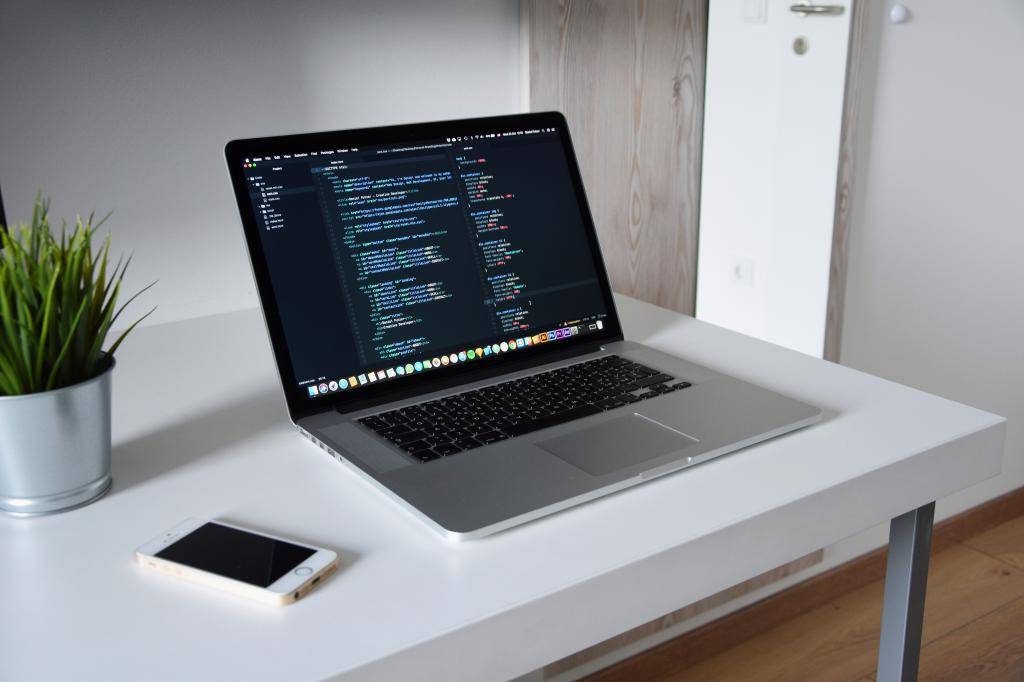
Programming Laptops: Meeting Developer Needs
Coding is a complex task that requires a laptop that can handle coding, compiling, and testing without crashing. In this article, we'll look at key considerations when choosing a laptop for programming and recommend some models that meet the needs of developers.
Basic recommendations for programming laptops
1. Performance:
- A fast processor (CPU) is critical for fast code compilation. Look for laptops with at least an Intel Core i5 or AMD Ryzen 5 processor, but higher-end processors are preferable for complex tasks.
2. RAM memory:
- For programming, multitasking, and running virtual machines, use at least 8 GB of RAM. If your work involves resource-intensive tasks, choose 16 GB or more.
3. Storage:
- SSD (Solid State Drive) is essential for fast loading and quick access to files. Choose a laptop with an SSD drive, preferably at least 256 GB.
4. Display:
- A high-resolution display with good color accuracy can improve productivity and reduce eye strain. Full HD (1920x1080) or higher resolution is recommended.
5. Keyboard:
- A comfortable and responsive keyboard is essential for extended typing sessions. Consider a laptop with a backlit keyboard for working in low-light environments.
6. Battery Life:
- Programming on the go requires good battery life. Look for laptops with all-day battery performance to avoid frequent recharging.
7. Portability:
- If you travel frequently, a lightweight and compact laptop can be more convenient. However, be mindful of balancing portability with performance.
8. Operating System:
- Choose an operating system that suits your development needs. Windows, macOS, and Linux are popular among developers, each with their own advantages.
9. Ports and Connectivity:
- Make sure your laptop has the necessary ports (USB, HDMI, Thunderbolt, etc.) for peripherals and accessories. A good selection of ports can simplify your workspace.
Recommended laptops for programming
Here are a few laptops that meet the needs of developers:
1. Apple MacBook Pro:
- Ideal for macOS and iOS development.
- Equipped with powerful processors, high-resolution Retina displays and excellent build quality.
2. Dell XPS 13:
- Supports compatibility with Windows and Linux.
- Known for its performance, compact design and impressive display quality.
3. Lenovo ThinkPad X1 Carbon:
- A favorite among business professionals and developers.
- Combines durability, a comfortable keyboard and high performance.
4. Microsoft Surface Laptop 4:
- Delivers a superior Windows experience with high-resolution displays and powerful internals.
- Available in both 13.5" and 15" sizes.
5. HP Envy x360:
- Budget option with AMD Ryzen processors, making it suitable for coding and multitasking.
- 2-in-1 design provides added versatility.
6. System76 Lemur Pro:
- Linux laptop designed for developers, equipped with Ubuntu or Pop!_OS.
- Balances performance, portability and Linux compatibility.
7. Asus ROG Zephyrus G14:
- A versatile choice for developers who are also gamers.
- Equipped with powerful AMD Ryzen processors and custom NVIDIA graphics.
Conclusion
Choosing the programming laptop is critical to developer productivity and comfort. Consider your specific programming requirements, such as the operating system and software tools you use, and choose a laptop that provides the performance and features you need. Whether you're into web development, app development, or software development, the right laptop can greatly improve your programming experience and overall efficiency.






